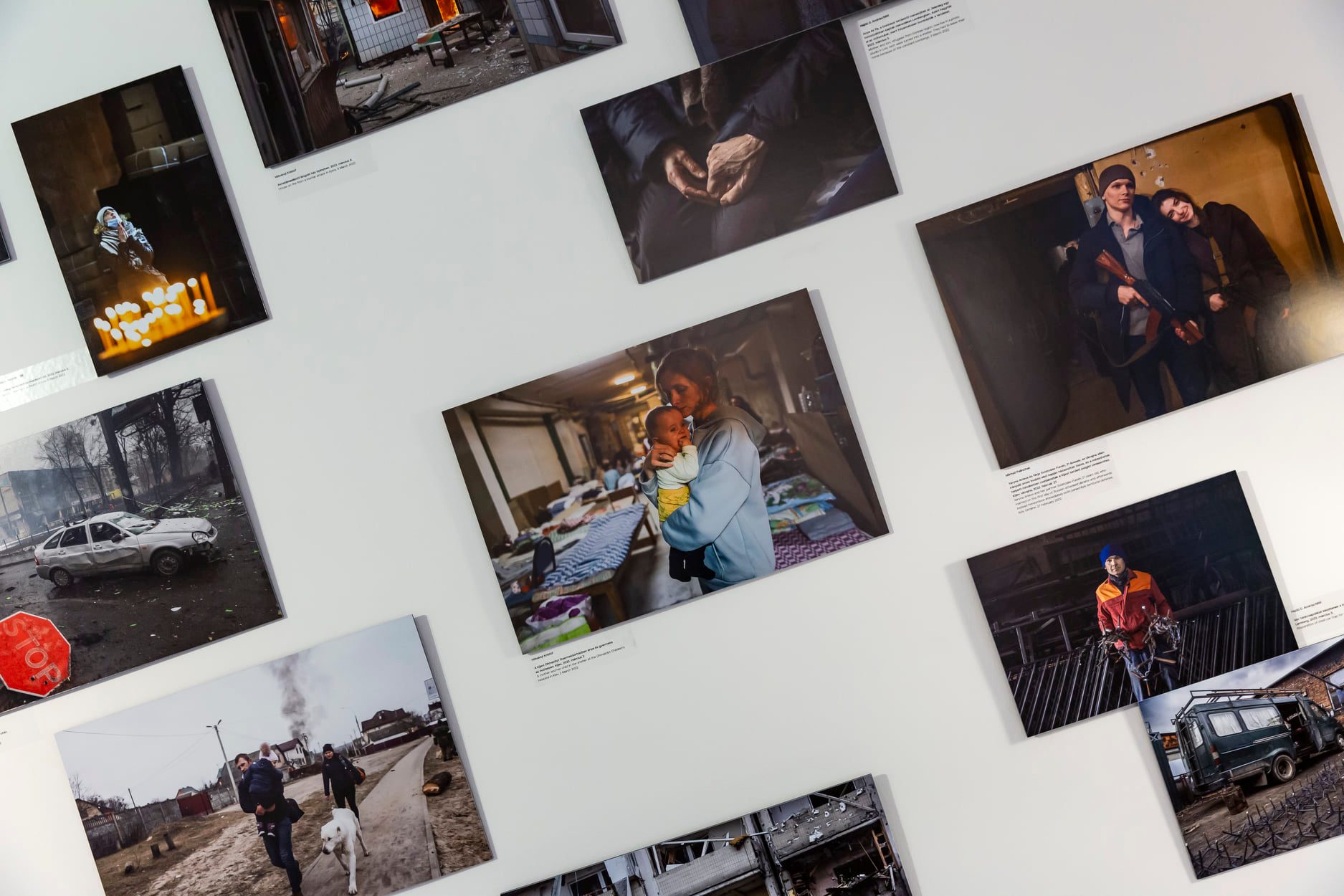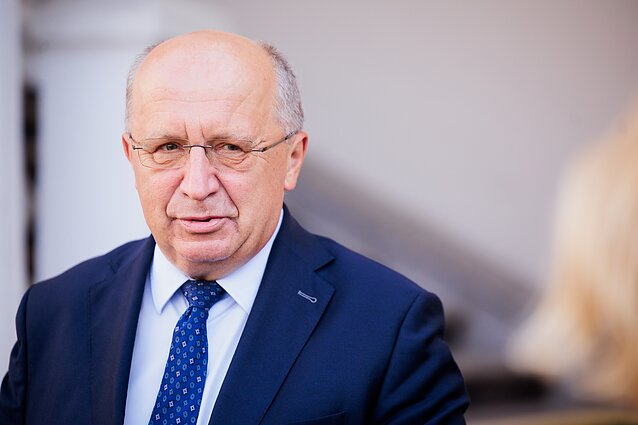Moldovan President Maia Sandu stated that the Kremlin is preparing a large-scale intervention in the upcoming parliamentary elections scheduled for September 2025 with the aim of gaining control over the country. She made this announcement following a meeting of the Supreme Security Council, which addressed threats to Moldova’s electoral process and information security, according to NewsMaker.
According to Sandu, Russia is coordinating the creation of several political projects to place its representatives in parliament. Among them is the so-called "sovereignists" movement, which, according to the president, promotes ideas unrelated to genuine Moldovan sovereignty and instead serves Moscow’s interests while spreading Euroscepticism.
The second tool is a political structure controlled by fugitive Moldovan oligarch Ilan Shor. The president claims this group is preparing voter bribery, aggressive protests, and acts of vandalism in government institutions.
The third category includes projects aimed at moderately pro-European voters, as well as “false flag” campaigns that merely simulate support for the European course but in reality play into Moscow’s hands. Additionally, Sandu asserts that Russia supports some independent candidates.
Sandu emphasized that all these political initiatives are coordinated from a single center and largely financed through criminal schemes linked to Shor.
She revealed that the Security Council identified 10 main tools for election interference, including voter bribery, illegal foreign financing (including planned transfers of about 100 million euros in cryptocurrency), foreign information manipulation campaigns, paid protests, cyberattacks on election-related digital infrastructure.
According to the president, the church and religion will also be used for interference, as well as social networks — Telegram, TikTok, Facebook, and Instagram. Furthermore, the interference scheme involves organized crime, voting sabotage among the diaspora, hybrid pressure on voters in Gagauzia and the Left Bank of the Dniester, radicalization via the internet, and the spread of extremist ideas.
“Russian interference is not a reason for fear, but a reason for mobilization,” Sandu said.
She stressed that the threat concerns not only public order and national security but also the country’s sovereignty and its European future. According to the president, government institutions know what to do, but citizen responsibility is also important: Moldova’s future depends on their actions, information sources, and decisions.





















